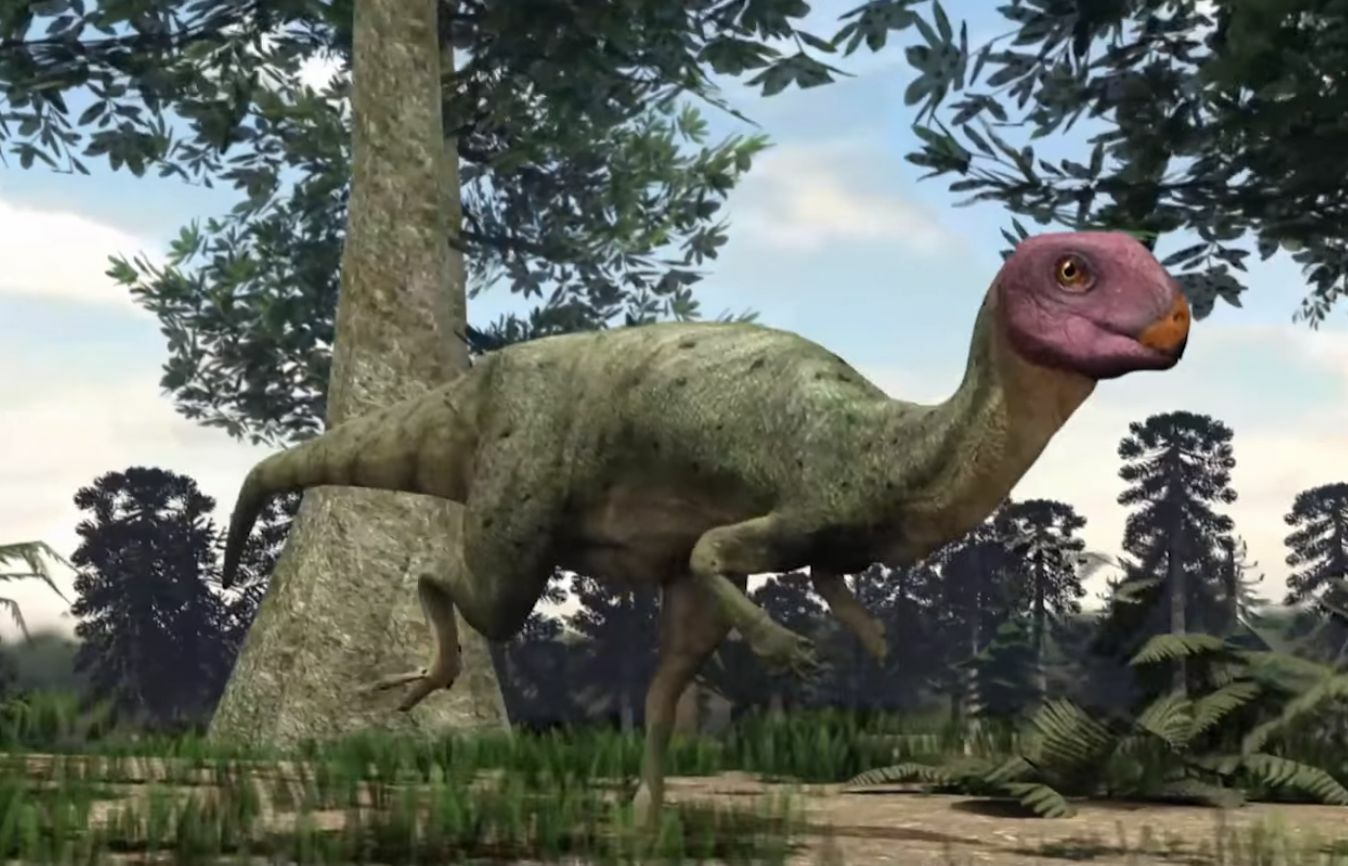Jurassic spark: Doctoral student unearths dinosaur fossils at iconic excavation site in Thailand

A Thai doctoral student made a significant discovery of dinosaur fossils at the Phu Noi Excavation Site, known throughout the kingdom as the Jurassic Park of Thailand, in the Isaan province of Kalasin. The fossils were identified as a new species of dinosaur in Thailand and the world and named Minimocursor Phunoiensis.
The Department of Mineral Resources of Thailand today reported the significant discovery related to dinosaurs. The student’s advisor, Pornpen Chantasit, reported that the Minimocursor Phunoiensis is a petite herbivorous dinosaur, with a body measuring just 0.6 meters in length.
According to Pornpen, the fossils were found in small rocks covered with dried mud. These rocks had been left untouched at the excavation site without any prior exploration but the student noticed them and started investigating, leading to the extraordinary discovery.
Pornpen emphasised that the fossils comprise the most complete skeleton ever found at the site. The fossils clearly show the prominent differences from other species, so the research team was able to confirm that this dinosaur is a new species of the world.
The fossils previously found in Thailand were from the Early Cretaceous period, about 115 million years ago, but the Minimocursor Phunoiensis is from the Late Jurassic, over 150 million years ago. So, it is now the oldest fossils discovered in Thailand and also in Southeast Asia.
The Phu Noi Excavation Site has been the subject of exploration since 2018, drawing the combined efforts of the Department of Mineral Resources, the Paleontological Research and Education Centre, and the French National Centre for Scientific Research. This collaborative endeavour has led to the uncovering of over 5,000 plant and animal fossils.
Many of the world’s new species were discovered at the site. For example, a freshwater shark called Acrodus kalasinensis, a predatory fish called Isanichthys lertboosi, lungfish called Ferganoceratodus annekempae, a turtle called Phunoichelys thirakhupti, and a crocodile called Indosinosuchus potamosiamensis.
Research at the Phu Noi Excavation Site continues to unfold in its vast 1,200 square meters, with the excavation now reaching depths of nearly 5 meters below the soil surface.
Latest Thailand News
Follow The Thaiger on Google News:


























